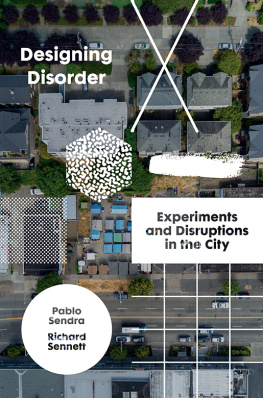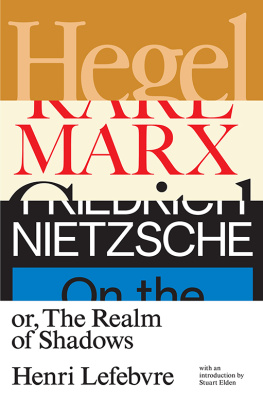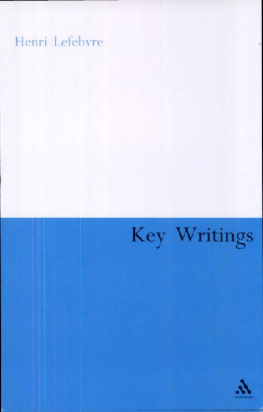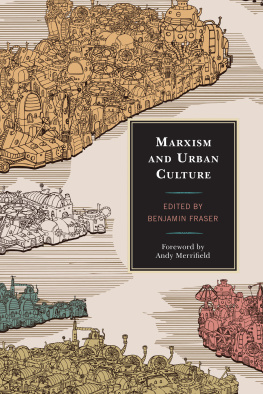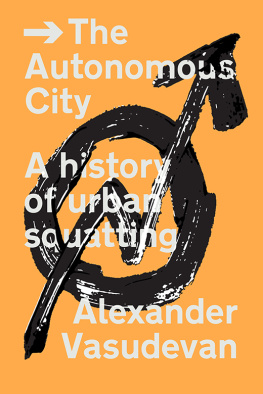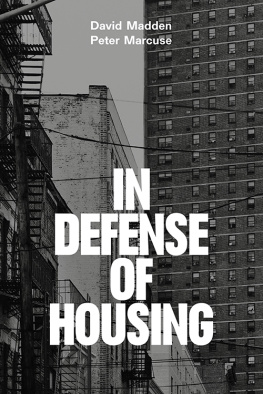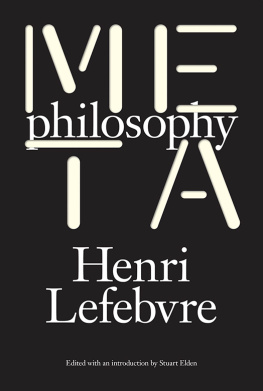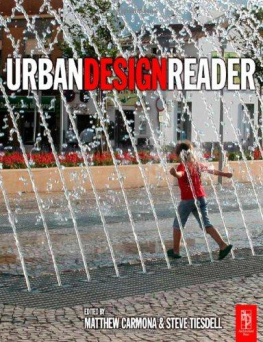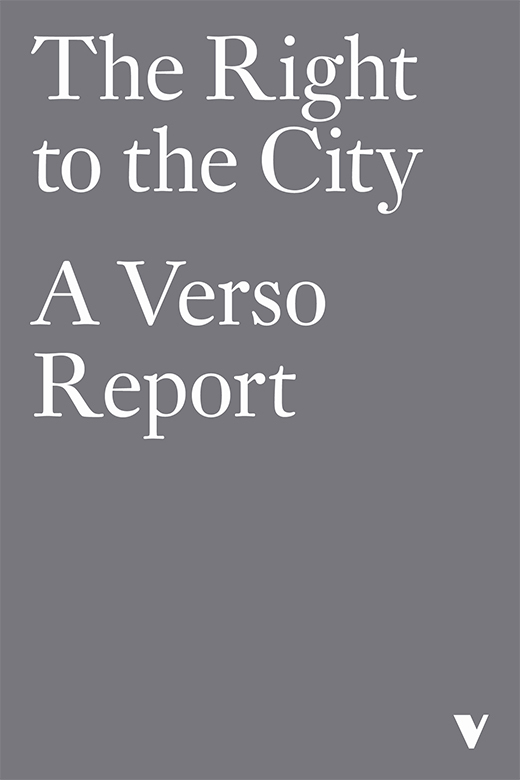Last October, in Quito, the most important group of thinkers in urbanism, sustainability, poverty activism and local politics came together at a conference, Habitat III . In the previous months the organisers had been putting together agendas and briefing documents that they hope to ratify during the proceedings. What became clear was that there had been a conjuncture of policies concerning the right to the city. In the draft New Urban Agenda from 28 July 2016, there is a clear statement, in the opening sentence of the section Our Shared Vision:
We anchor our vision in the concept of cities for all, referring to the equal use and enjoyment of cities, towns, and villages, seeking to promote inclusivity and ensure that all inhabitants, of present and future generations, without discrimination of any kind, are about to inhabit and produce, just, safe, healthy, accessible, resilient and sustainable cities.
This is a complex and knotty statement. On the surface, it offers something that we can all agree on. But what exactly is it saying? Is the city a human right in the same way that we all have a right to housing, or the freedom of speech? Is it about inclusivityexpanding the opportunity to be urban? Or just access: being able to get to the city by some means or another? Is it a numbers game: all, or nearly all?
This autumn is the fiftieth anniversary of Henri Lefebvres hugely influential The Right to the City. It is safe to say that it is one of the most importantand controversialpieces of urban writing of the modern era. Its content, range and intentions are still being debated today. Each time our experiences of the city change, we return to this short piece of writing in order for our thinking to be enriched and reinvigorated.
For Lefebvre, the right to the city is like a cry, and a demand. In particular, the citizen has a right to participate in as well as to appropriate the city: that is to say, the people should be at the heart of any decision-making process about the creation and management of the city; as well as having the common right to use and occupy the spaces of the city without restriction.
Lefebvres work is ever refreshing. We need to understand the spatial powers of the city, he tells us, but the right to the city isnt solely a question of location or possession. The physical spaces of the city are the theatre for the everyday life, and this, in turn, changes our sense of belonging. Being part of the city is not determined by ownership or wealth but by participation. To be urban is also a set of behaviours and relationships. To be urban is to become part of something. But this process of citizenship is not something that is ordained from above, but a right to be won. Belonging is a revolutionary act.
Some cities have already adopted the idea of the right to the city as an expressive part of their constitution. For example, the 2001 statute of So Paulo states that each citizen is guaranteed the right to sustainable cities, understood as the right to urban land, to housing, to environmental sanitation, to urban infrastructure, to public transit and public services, to work and to leisure, for present and future generations (although this does not seem to have changed the everyday life of the city which is one of the most unequal in the world). Similarly, Argentinas third city, Rosario, has declared itself a Human Rights City. In 2004 this idea was enshrined at the World Urban Forum in Barcelona in a World Charter of the Rights of the City that hoped to anatomise in articles and clauses the poetry of Lefebvres philosophical position.
Yet Lefebvres philosophical observations do not offer a map; rather they are an appeal to study and reevaluate everyday life and examine how inequality shows its face in many different ways. Rather than policy, he hopes to liberate the city from its shackles.
In this short collection of essays, articles and pieces from a variety of writers we wanted to show how Lefebvres ideas are being used today: from the academy to street level organising. From squats in Detroit to the Favelas of Rio de Janeiro, to the current refugee crisis in the United Kingdom, as well as the emerging world of digital urbanism. They look at questions of public space, asylum, the digital commons, housing, and the difficulties of putting the right to the city into practice. Collectively, they show the many different lives of Lefebvres most potent idea.
Verso editors
Fifty Years On:
The Right to the City
The Golden Jubilee of Henri Lefebvres Right to the City , his cry and demand for a more participatory and democratic city life, is a cause both to celebrate and commiserate.
Lefebvre announced the right to the city in 1967, at the centenary of Marxs Capital . With a self-avowedly cavalier intention, he viewed the right to the city as an expression of people trying to shape their own destinies. Participation dramatises urban life, he insisted; it also dramatises a potentially active citizenship. Its presence brings cities to life; its absence usually denotes a citys death.
Forever the great democrat, Lefebvre, born in 1901, drank wine with Surrealist poets in the 1930s, fought with the Resistance movement in the 1940s, drove a cab in Paris in the 1950s. He taught sociology and philosophy at various French universities in the 1960s, where he befriended Guy Debord and the Situationists. He was one of the intellectual godfathers of the 1968 generation. Author of sixty-odd books, Lefebvre introduced a whole body of Hegelian Marxism into France, and wrote prolifically about urbanism, everyday life, literature and space. In 1966, he got his first steady academic job at the age of sixty-five! By 1973 hed retired, only to embark on a world tour, writing and speaking, trying to understand an urbanisation of the future in Asia and Latin America, and in Los Angeles, a city that both fascinated and appalled him.


